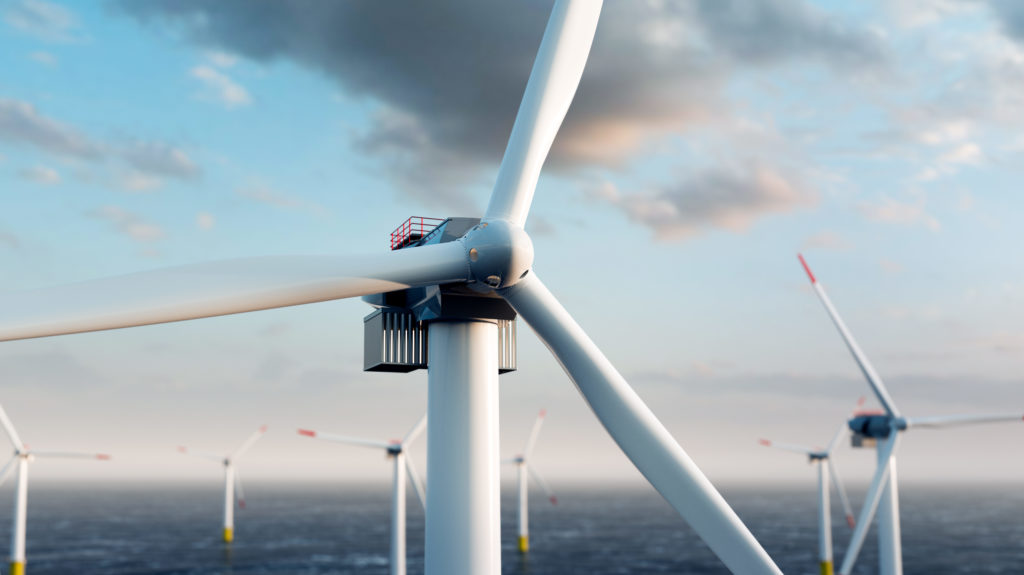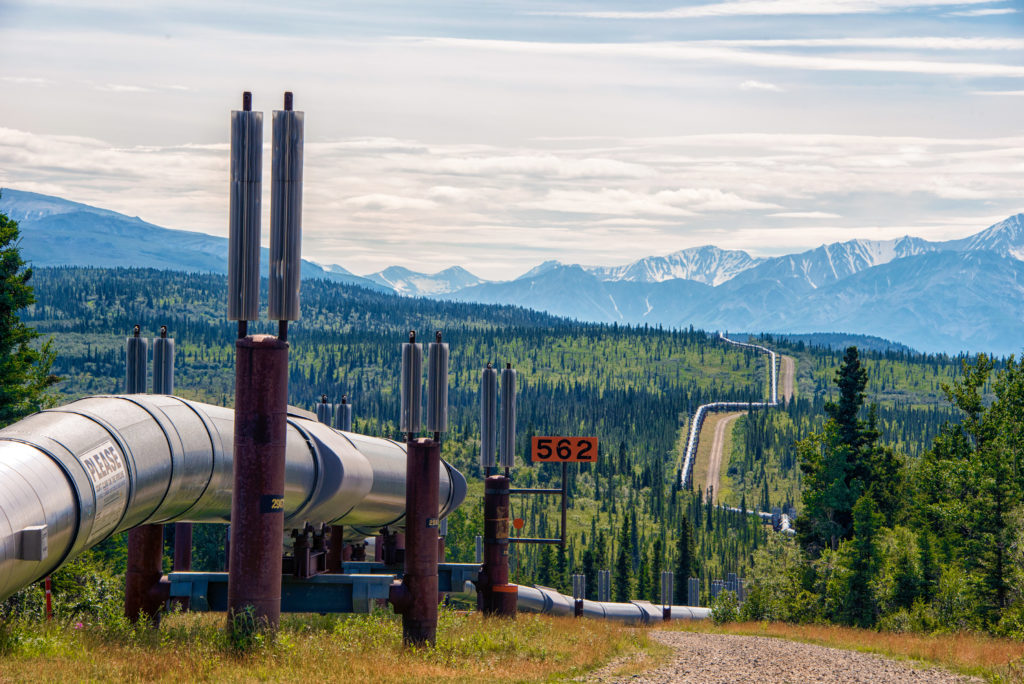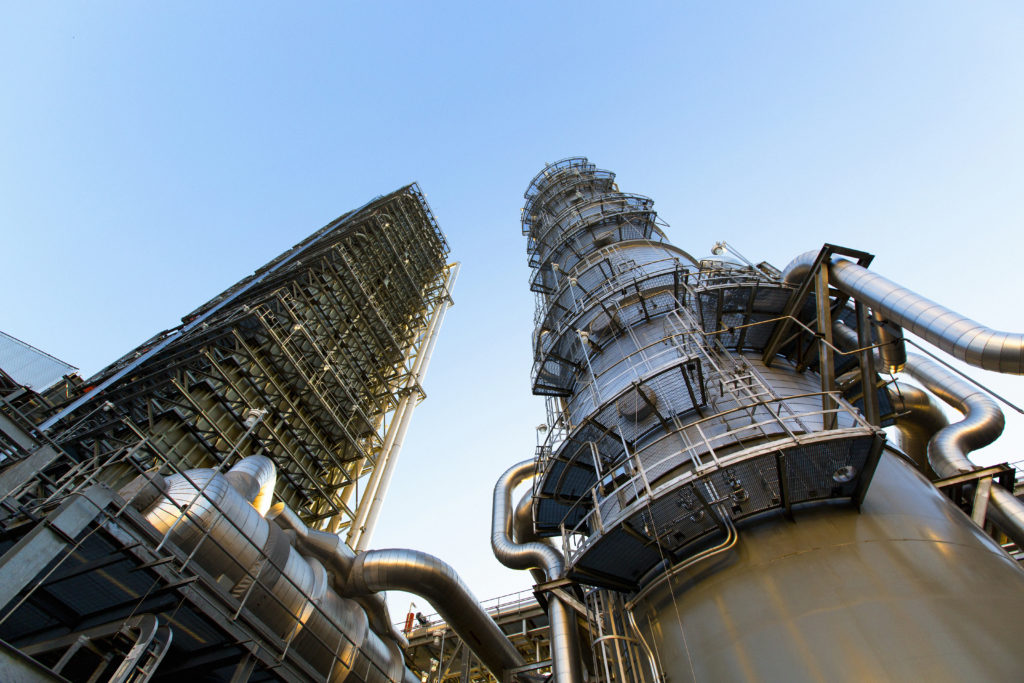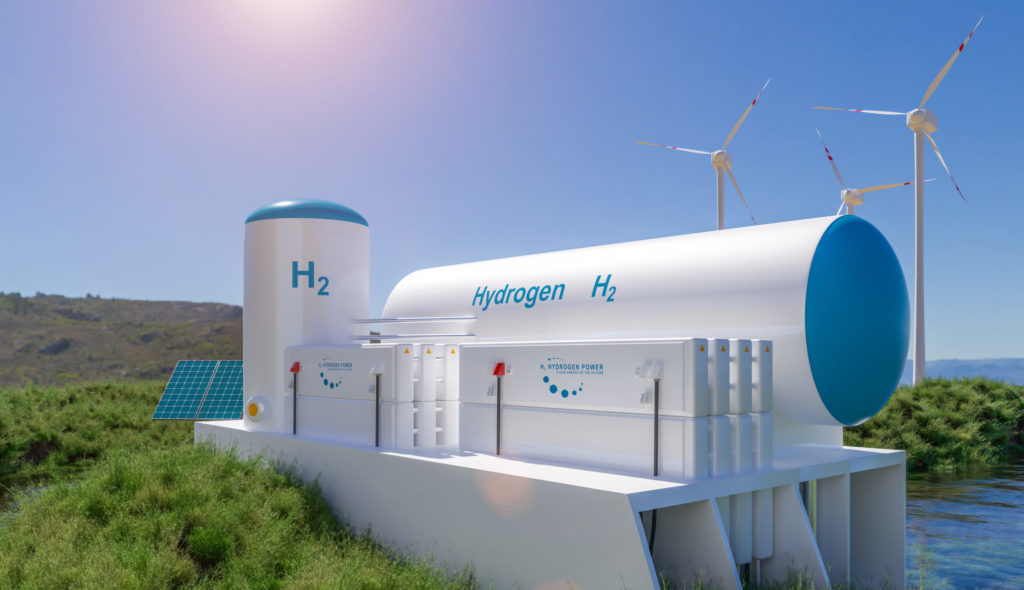Series 2: Technologies
Viewing 9 of 9 Video Episodes


Technologies Ep 9
Oceans for CO2 removal & storage: What, why and how?
Using carbon dioxide removal (CDR) strategies to mitigate climate change is a land-intensive endeavor. To capture one gigatonne of CO2 through direct air capture requires a facility & energy production footprint of at least hundreds, but potentially tens o


Technologies Ep 8
Wind Energy
In order to reach global net-zero emissions by the middle of the century, modeled pathways project that wind energy will need to be a primary source of electricity, accounting for 19-43% of global electricity production. Today, though, wind produces only 6% of


Technologies Ep 7
Carbon Dioxide Removal: Mineralization
There are several methods of removing carbon dioxide from the atmosphere – both natural and technological – and each method has its tradeoffs. Carbon mineralization is the most secure option for carbon dioxide removal (CDR) as it permanently seques


Technologies Ep 6
Carbon Dioxide Removal: Carbon Capture and Storage, Part II
Carbon Capture and Storage (CCS) has the potential to remove billions of tons of CO2 from the atmosphere annually, which we will likely need to reach global climate targets. In the first of our two-part series on CCS, we explored how carbon capture technol


Technologies Ep 5
Carbon Dioxide Removal: Carbon Capture and Storage, Part I
What if we could remove the carbon we have emitted into the atmosphere? Can we capture our CO2 emissions before they are even released? In Part I of our two-part Carbon Capture and Storage series, our host Dr. Ozak Esu and two internationally-recognized carbon


Technologies Ep 4
Carbon Dioxide Removal: Forests
Planting trees has become a bit of a cliché in the fight against climate change, with ubiquitous photos of presidents and CEOs planting a tree to show they’re serious about climate. But, how much impact on atmospheric carbon dioxide can tree planting re


Technologies Ep 3
Building stars on Earth: the potential of nuclear fusion
Energy from nuclear fusion has the potential to cleanly and safely power the world. But, when do fusion experts expect this to happen? What technical challenges must be overcome before we can power our homes using fusion energy? Which technologies are lead


Technologies Ep 2
Clean Fuel: Jet Fuel
Aviation is responsible for 2.5% of global greenhouse gas emissions, though this figure is expected to grow as developing parts of the world become wealthier and increase demand for air travel. Experts have looked to sustainable aviation fuel (SAF) to decrease


Technologies Ep 1
Clean Fuel: Hydrogen Fuel
Hydrogen is uniquely qualified as a storage of clean energy because it is abundant – the most abundant element in the universe – and it can be produced using renewable energy. When consumed in a fuel cell, its only byproduct is water, making it